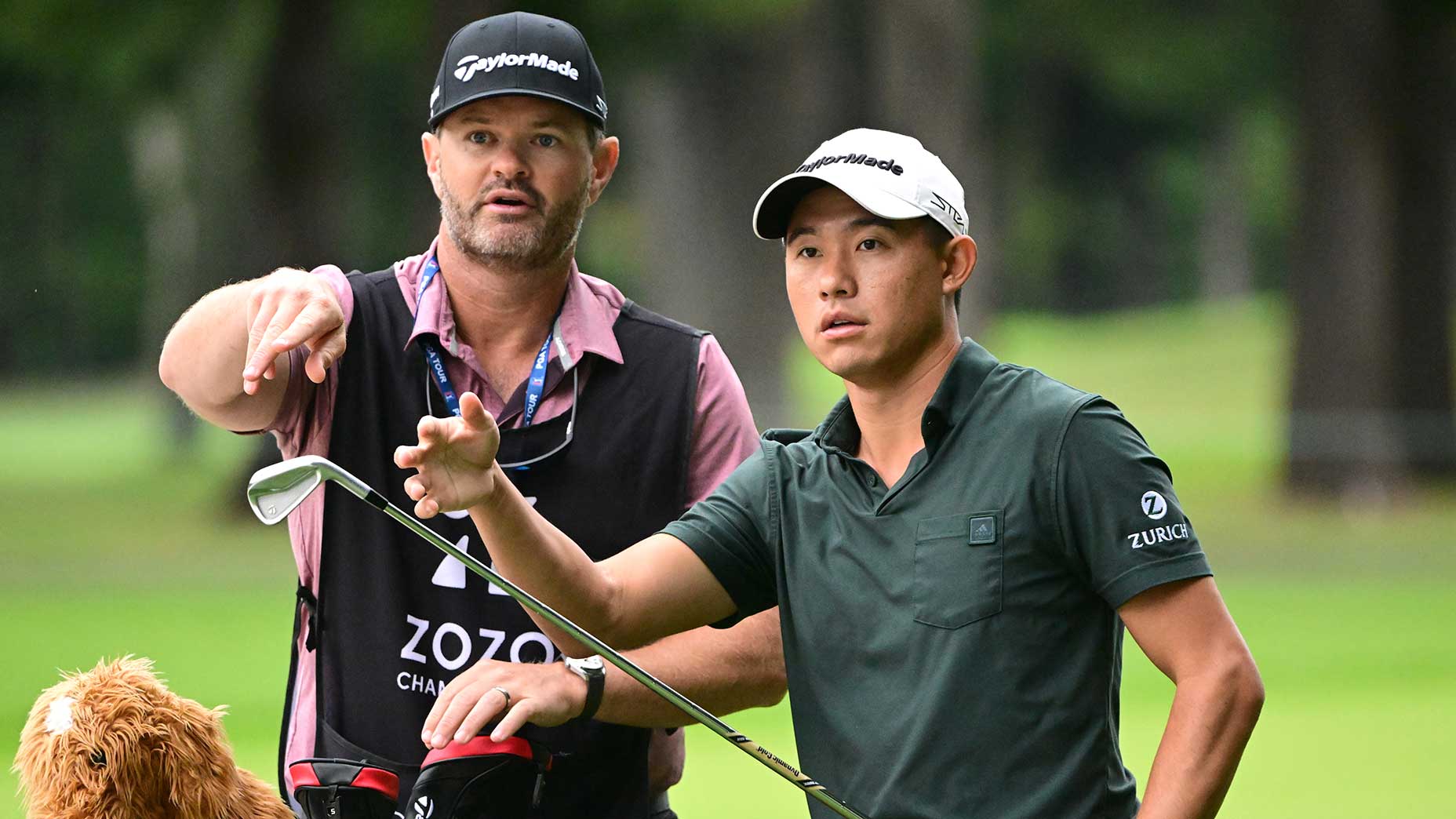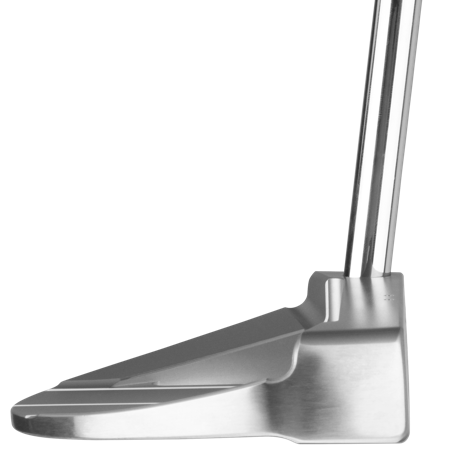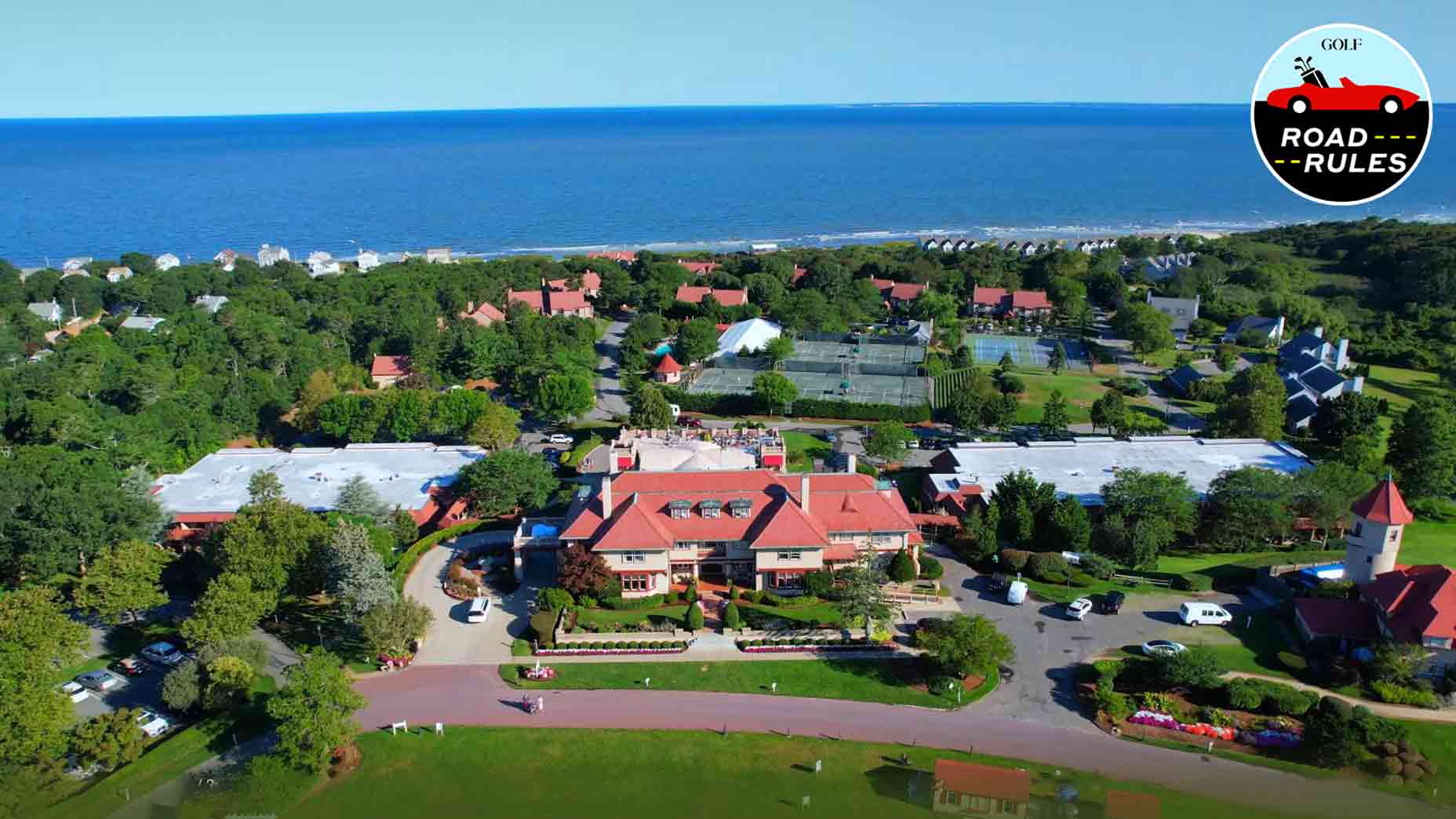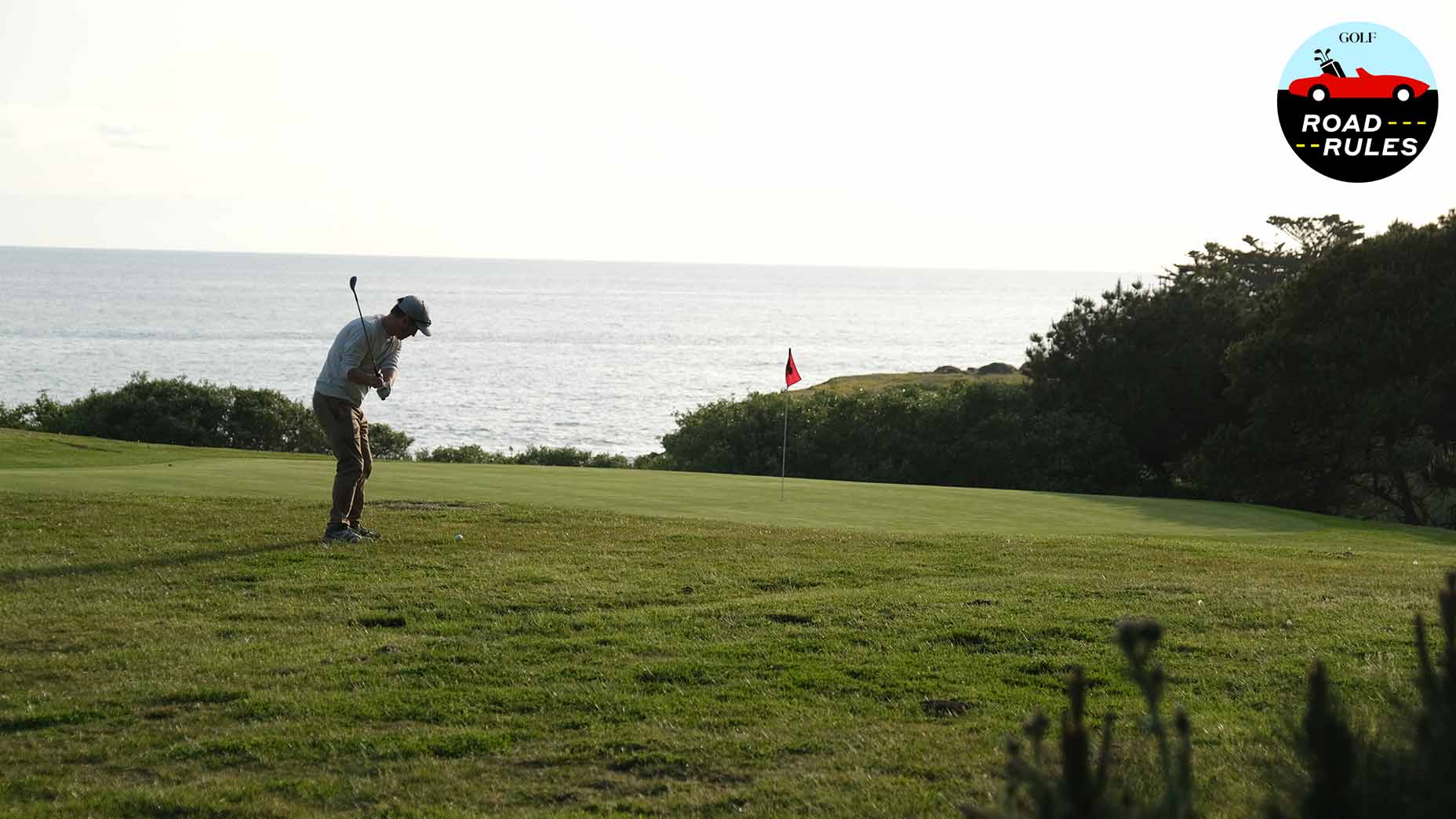How do you fight jet lag? Collin Morikawa has 3 tips

Collin Morikawa said it's important to develop a routine to avoid jet lag.
Getty Images
Welcome to Road Rules, a GOLF.com series in which we pick the brains of expert golf travelers, ranging from professional golfers and caddies to globetrotting course raters and teachers. We’ll unlock their must-have travel items, go-to airline tips and more to inform you for your next golf excursion.
***
Collin Morikawa had been in Japan for about 30 hours, and his coffee intake? It was high. As for food? Not so much.
“Man, is it tough to eat when you’re really hungry but also you’re really tired,” Morikawa said on Wednesday, speaking to the media ahead of this week’s Zozo Championship outside of Tokyo. “You want to eat but you want to fall asleep.”
High-level pro golf is an international game, and finding ways to beat jet lag is crucial. Morikawa is a good one to give advice, too, as his game has translated well away from the States. Besides his U.S. victories, he’s also won in England and Dubai. And while a millionaire pro golfer might travel a little differently than those of us reading (and writing) this article, there are still valuable takeaways he can provide to anyone looking to plan and execute that overseas golf trip.
Here are three tips Morikawa mentioned on Wednesday that help him stay sharp after long flights.
1. Find your routine
Morikawa said the more you travel, the more you learn how your body reacts to the changes. But it’s the small things behind the scenes that make a big difference. (We’ll get to those next.)
“Normally it does take longer, but you’ve got to figure out a routine,” Morikawa said. “When you show up on a Tuesday morning and you’re teeing it up on Thursday, you’ve got to figure it out.”
2. Sleep is the most important
Perhaps it’s obvious, but it’s worth reiterating. Morikawa said getting on a normal sleep schedule is the most important thing to do.
It starts before the plane takes off, too, experts say. Beginning a trip sleep-deprived is a bad way to kick off any journey. It even helps to train your body for a few days before leaving. For example, if you are going east, go to bed a little earlier for a few days prior to your trip. Going west? Go to sleep later. Little tweaks like this could make a big difference in how your body acclimates.
3. Don’t forget the little things
Hydrating and stretching go a long way, and the latter is something younger golfers skip over far too often.
“When you’re stuck on a plane, even though you might be laying down, you’re stuck in one spot for 10 to 12 hours,” Morikawa said. “It’s rare that you’re just stuck in a confined space like that.”
A foam roller is a great item to bring with. GOLF Top 100 Teacher Matt Wilson, the director of instruction at Baltusrol, says it’s one of three must-have items golfers should always travel with.
“Your body gets so compressed when you are traveling by air or even by car,” Wilson said. “You are sitting in cramped spaces for a long time and you ultimately swing around your setup. So just making sure you get your whole front side of your body opened up and establishing good posture and making sure your rib cage isn’t too tight, your hips aren’t too tight.”
As for hydration, it’s important to consume water before, during and after flying. Alcohol and caffeine, while they might hit the spot at the time, can actually hurt your sleep and cause dehydration.
So in short, remember that the next time you book that bucket-list buddies trip, the planning begins well before the plane takes off.












